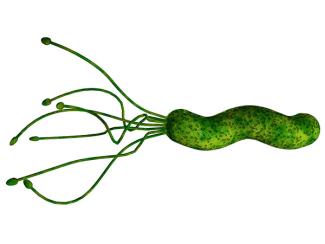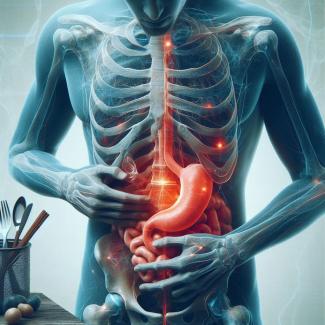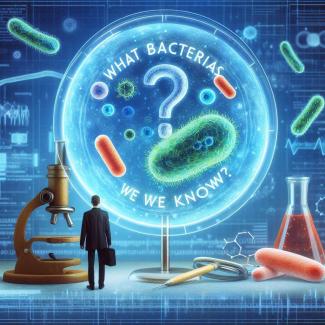
The relationship between diet and cancer risk is complex, but certain foods and dietary patterns have been associated with a reduced risk of cancer. It's important to note that no single food can guarantee protection against cancer, but a balanced and healthy diet can contribute to overall health and reduce the risk. Here's a detailed look at foods and dietary habits that may help reduce the risk of cancer:
- Fruits and Vegetables: A diet rich in a variety of fruits and vegetables can provide essential nutrients such as fiber, vitamins (e.g., vitamin C, vitamin E), minerals, and antioxidants. Antioxidants help protect cells from damage caused by free radicals and have been linked to a reduced risk of various cancers, including lung, breast, colon, and stomach cancers.
- Whole Grains: Whole grains like whole-grain bread, brown rice, oats, and quinoa are high in fiber, vitamins, and minerals. The fiber in whole grains may help maintain a healthy digestive system and reduce the risk of colorectal cancer.
- Fatty Fish: Fatty fish like salmon, mackerel, sardines, and trout are rich in omega-3 fatty acids. Omega-3s have anti-inflammatory properties and may reduce the risk of colorectal, prostate, and breast cancers.
- Limiting Red Meat and Processed Meats: Excessive consumption of red meat, particularly processed meats like bacon and sausages, has been associated with an increased risk of colorectal cancer. It's advisable to limit the intake of these meats and choose leaner protein sources such as poultry, turkey, or fish.
- Reduce Sugar and High-Calorie Foods: Diets high in sugar and high-calorie, low-nutrient foods can contribute to obesity, which is a known risk factor for various cancers. Reducing the consumption of sugary and highly processed foods may help lower the risk of cancers associated with obesity, such as breast, colorectal, kidney, and cervical cancers.
- Limit Alcohol: Excessive alcohol consumption is linked to an increased risk of oral, esophageal, liver, breast, and colorectal cancers. To reduce cancer risk, it's recommended to limit alcohol intake or abstain from drinking.
- Cruciferous Vegetables: Vegetables like broccoli, cauliflower, Brussels sprouts, kale, and cabbage are part of the cruciferous family and contain compounds that may help protect against certain cancers, including lung, stomach, and colorectal cancers.
- Berries: Berries such as strawberries, blueberries, and raspberries are rich in antioxidants and have been associated with a reduced risk of certain cancers due to their anti-inflammatory properties.
- Green Tea: Green tea contains antioxidants called polyphenols, which may help protect cells from damage and reduce the risk of various cancers, particularly breast and prostate cancers.
- Garlic and Onions: Allium vegetables like garlic and onions contain sulfur compounds with potential cancer-protective effects, especially in the context of stomach and colorectal cancers.
Remember that a balanced diet should also include whole foods and a variety of nutrients to support overall health. Additionally, maintaining a healthy body weight, staying physically active, and avoiding smoking are crucial for cancer prevention. It's essential to consult with a healthcare professional or a registered dietitian to create a personalized diet plan that aligns with your specific health needs and lifestyle.






